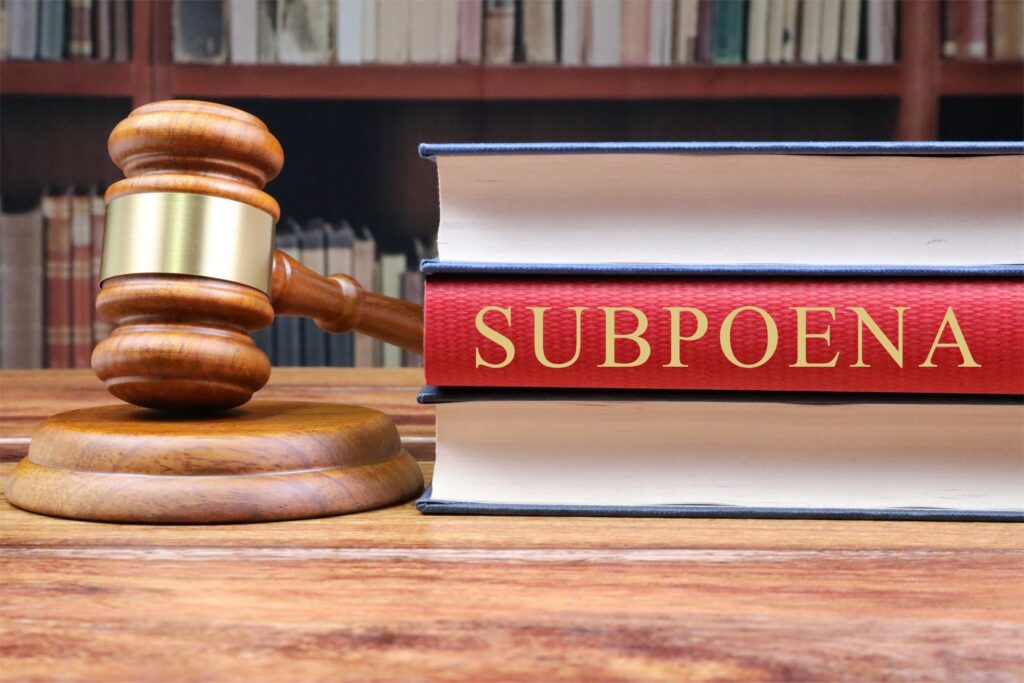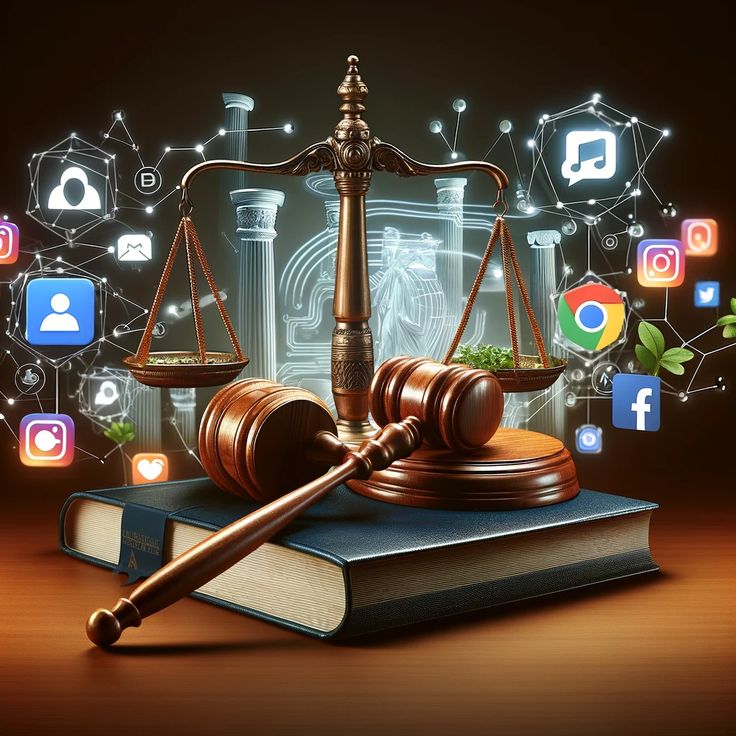The Legal Framework of Subpoenas in Nigeria
Introduction The legal framework of subpoenas in Nigeria is defined by statutory laws, court rules, and case law, which collectively govern their issuance, service, and enforcement. This article explores the different types of subpoenas, the legal requirements, and the process involved in their use, highlighting their importance in upholding justice and fairness within the Nigerian […]
The Legal Framework of Subpoenas in Nigeria Read More »

















